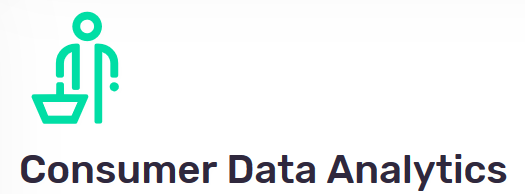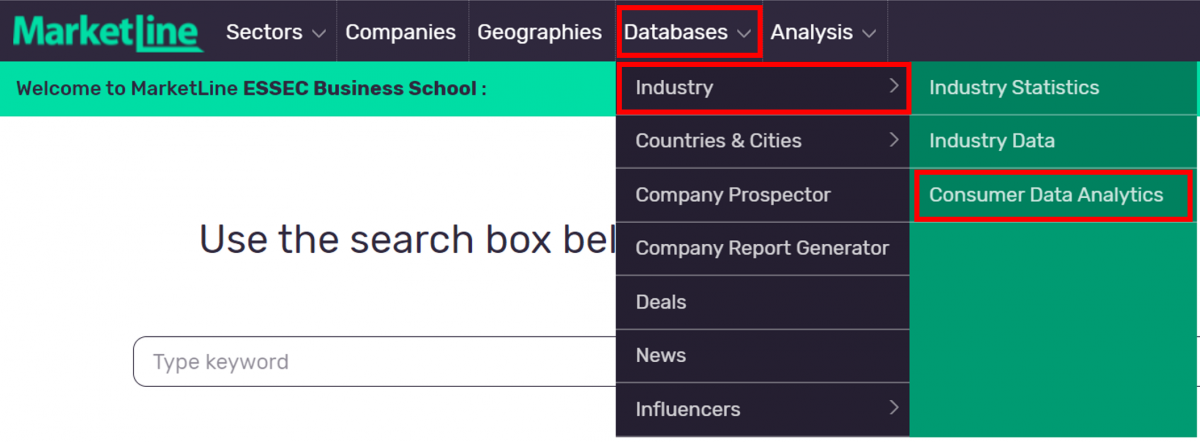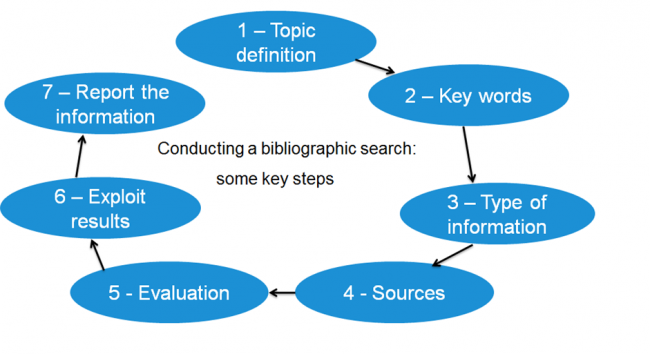How to find... - Friday 09 February 2018
Finding information about the luxury industry

Luxury is one of our fields of expertise at ESSEC. Some of the professors’ research is published on ESSEC Knowledge.
You will find here the main information sources available on the topic of luxury, from the web as well as from the Learning Center resources.
The Learning Center resources GlobalData Explorer, Xerfi Knowledge and Statista provide detailed, up-to-date market reports, both global and by country. You can also find some videos about the luxury market on Xerfi Canal, and other reports by Deloitte and IFOP:
Read MoreRate this content
How do I... - Wednesday 29 November 2017
Legal information
You can easily access legal information on the Learning Center website. This information will be helpful to you for writing a thesis.

Books
- Books from Dalloz and Lexis Nexis publishers (in french)
- A few books in english about international law
Ressources
Rate this content
How do I... - Thursday 02 November 2017
Finding market and brand shares with MarketLine

Finding market and brand shares in a given country or region is essential when you're working on a sector.
Marketline Advantage provides a quick and easy access to that kind of data in its Consumer Data Analytics database.
Here's how you can find shares:
- On MarketLine's homepage, click on "Databases" then "Industry", and "Consumer Data Analytics":

- Both vertical and horizontal menus list the same informations where you can find volume and value data by country or category. CDA estimates value and volume growth data for the next few years.
...
Read MoreRate this content
How do I... - Monday 09 October 2017
An information research
During you studying years you can be brought to write various types of work: syntheses, case studies and later professional theses or dissertations. It requires documents researches and proper studies according to the work to be done.

To help you, we propose a practical case of document research with a concrete subject : Corporate social responsibility in India.
Type of information to find
From your subject, you have to define specifically the type of information you are searching. For this, ask yourself the good questions: What are we talking about? Who is involved? Where? When?
For the following practical case, you need informations about:
- Global corporate social responsibility informations
- Datas about India
- Both subjects informations
If you have to write dissertations or theses, answering those few questions: What? Who? Where? When? How? Why? will help you consider all the dimensions of your topic.
From here you have to make a right assessment of the time and volume of work needed. For example, if you have to write a few pages synthesis work, don’t...
Read MoreRate this content
How do I... - Wednesday 19 April 2017
The bibliographic search for professional thesis or dissertation
To be efficient, bibliographic search for the professional thesis or dissertation must be undertaken in a methodical way. A good knowledge of the Learning Center resources is also necessary.

Highlight on the bibliographic search for professional thesis or dissertation
Indeed you have to realize a “review of literature”, that is a state-of-the-art on what has been written on a given subject. To do so, knowing key resources which give access to academic or professional articles will be very helpful!
But one thing at a time. You begin your search: what are the key steps to follow without getting lost in the process?

1. Limit the subject of your dissertation
From your beginning topic, you have to define a research problem. Answering those few questions: What? Who? Where? When? How? Why? will help you consider all the dimensions of your topic. Based on your starting theme, you'll need to define your exact problem, in conjunction with your thesis/...
Read More



Comment this content 0 comments